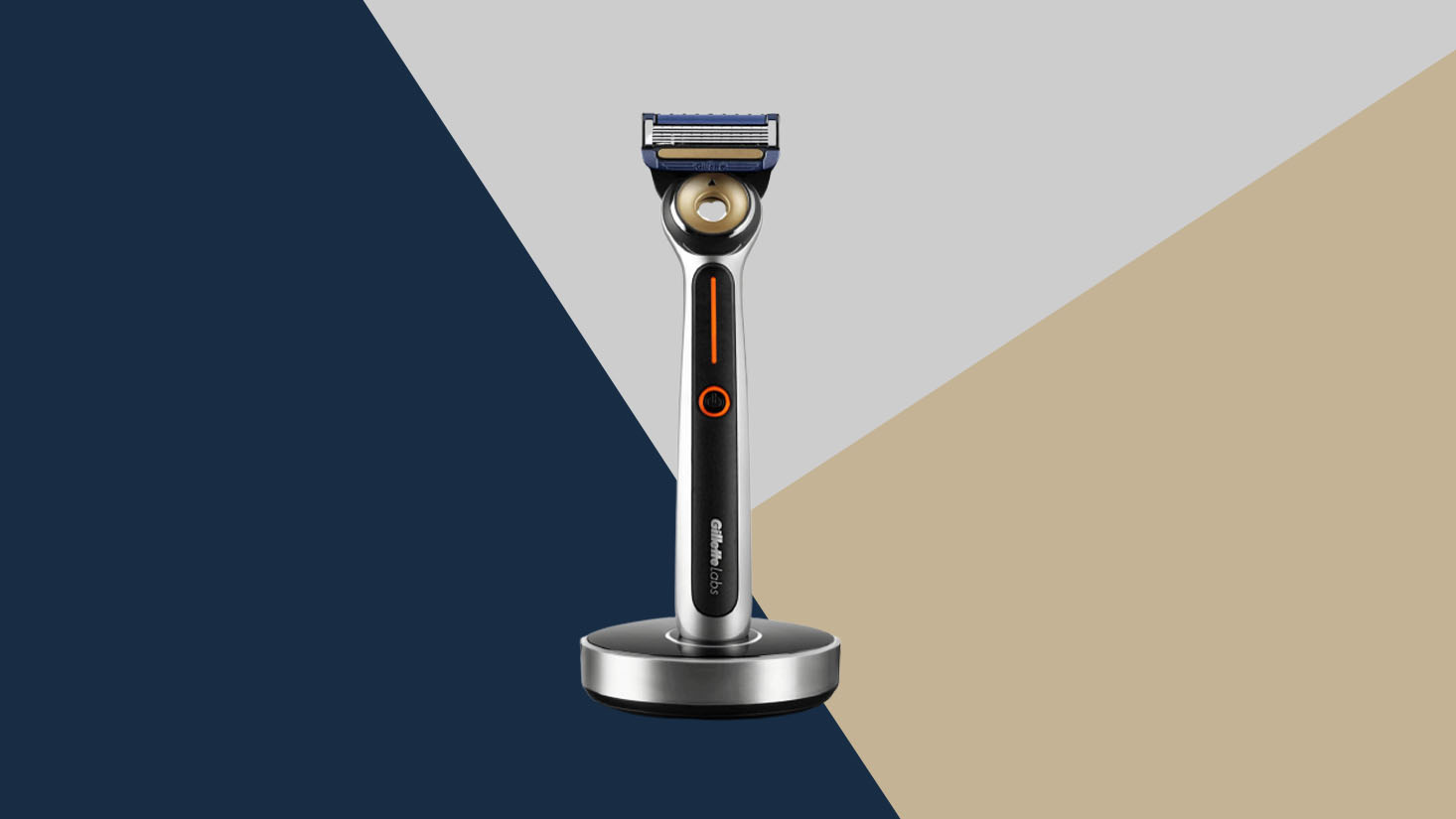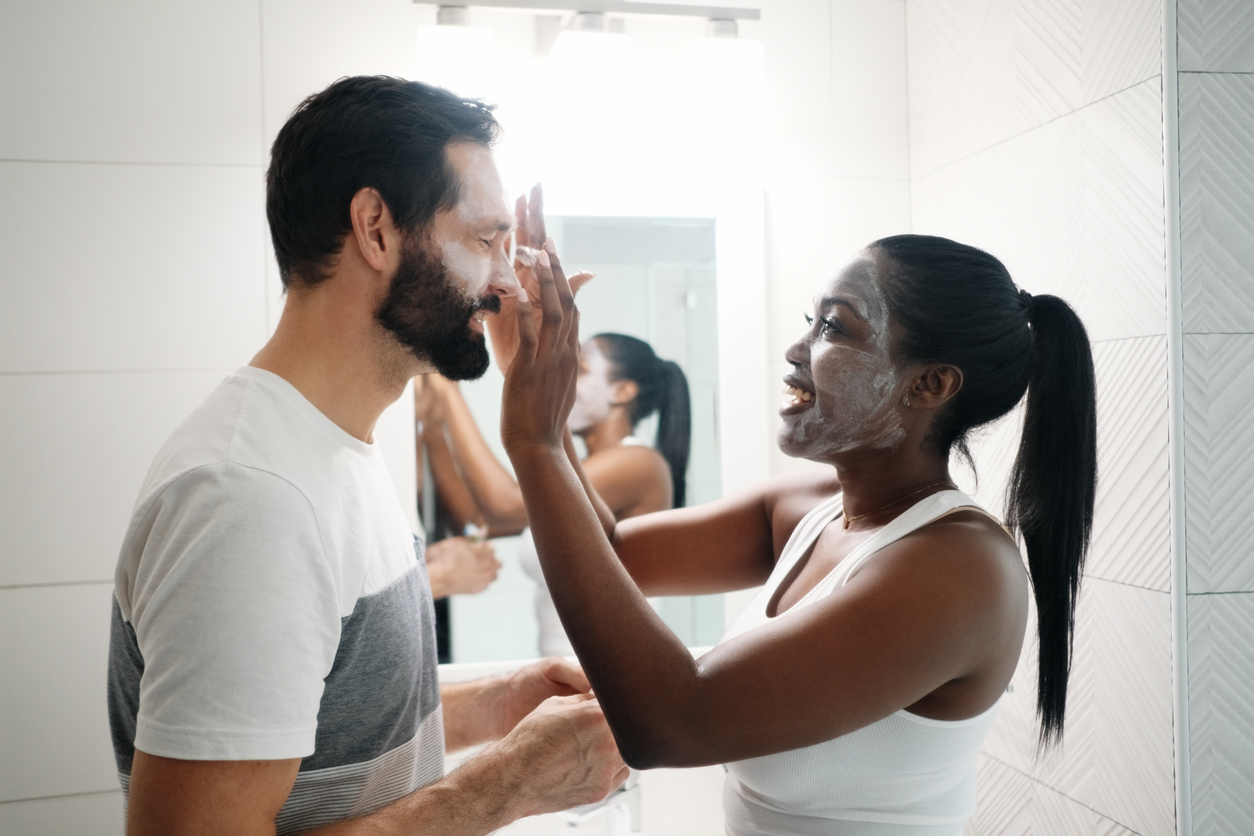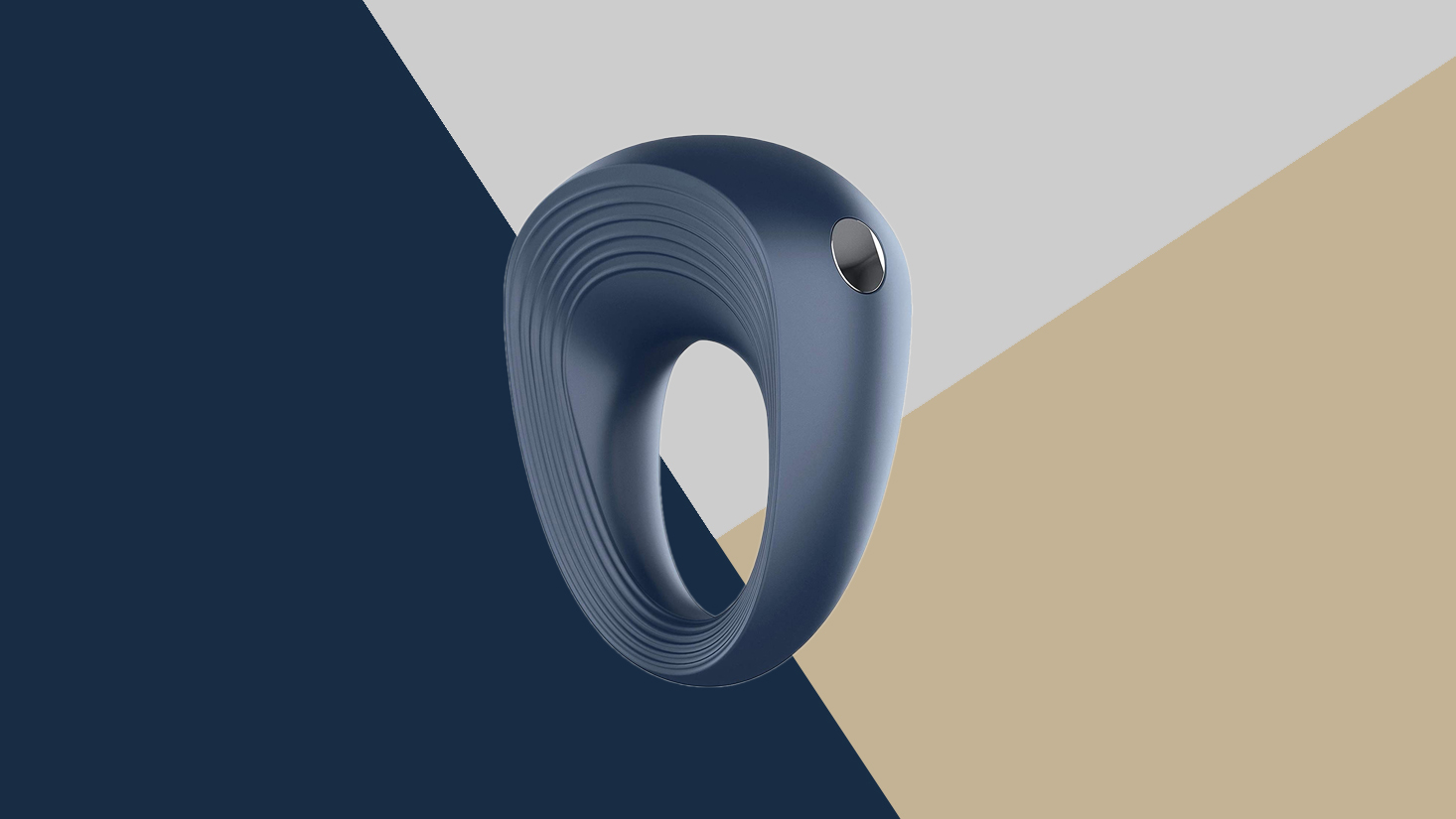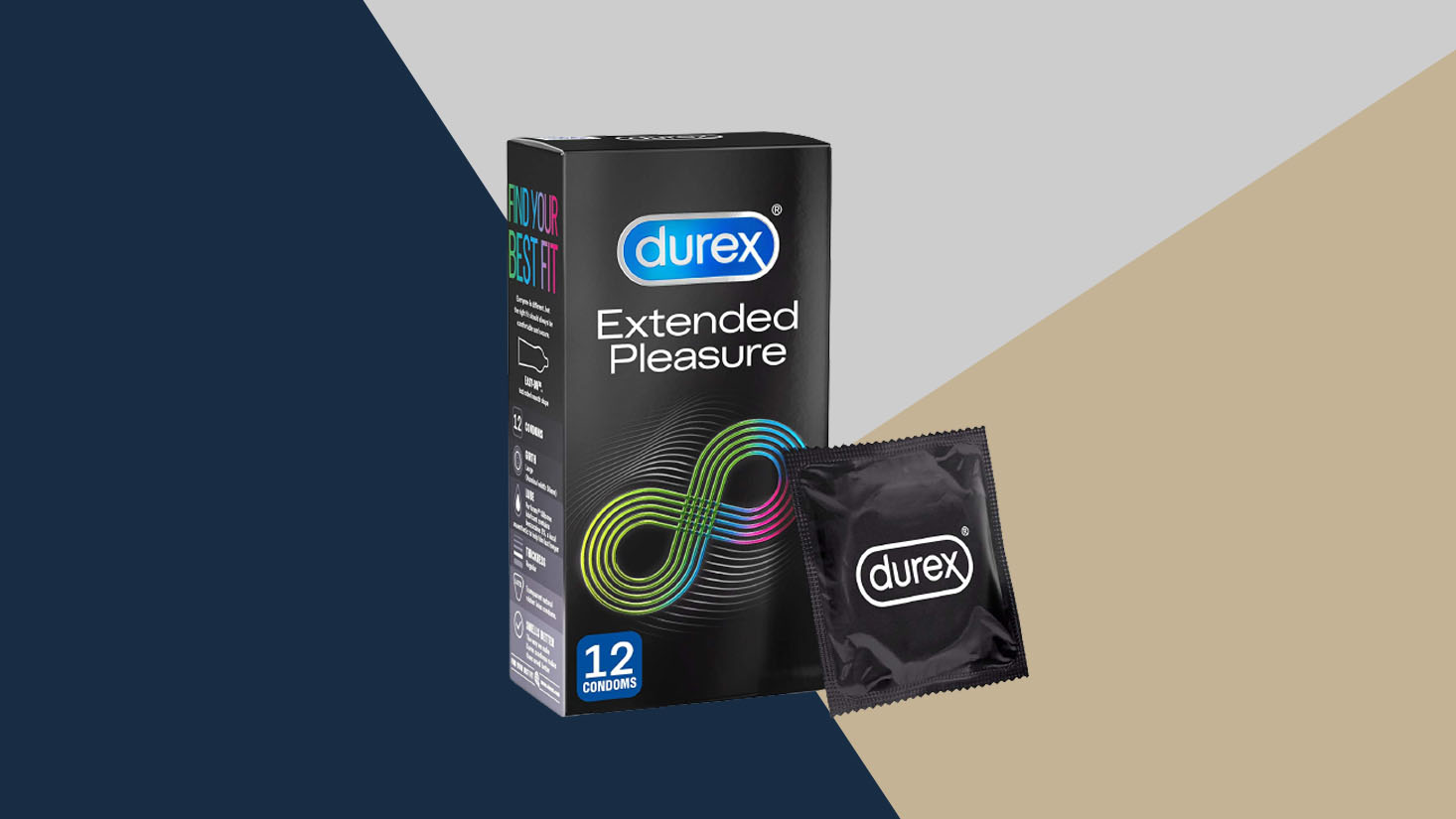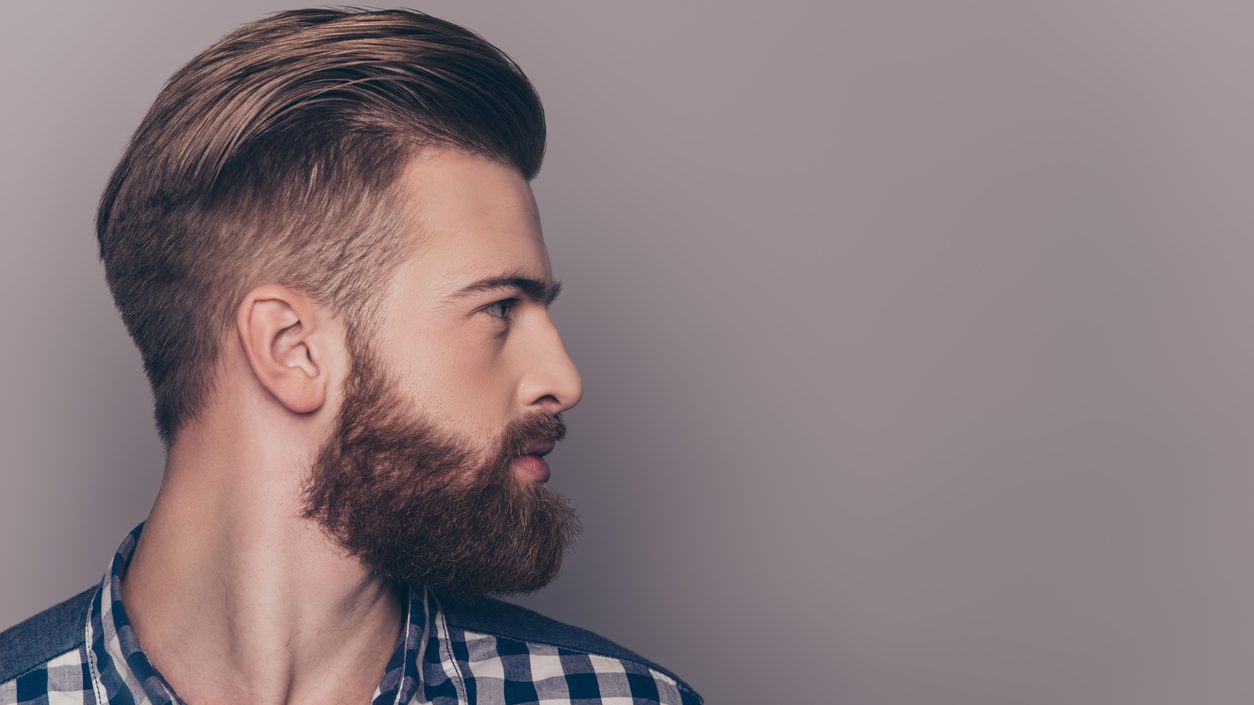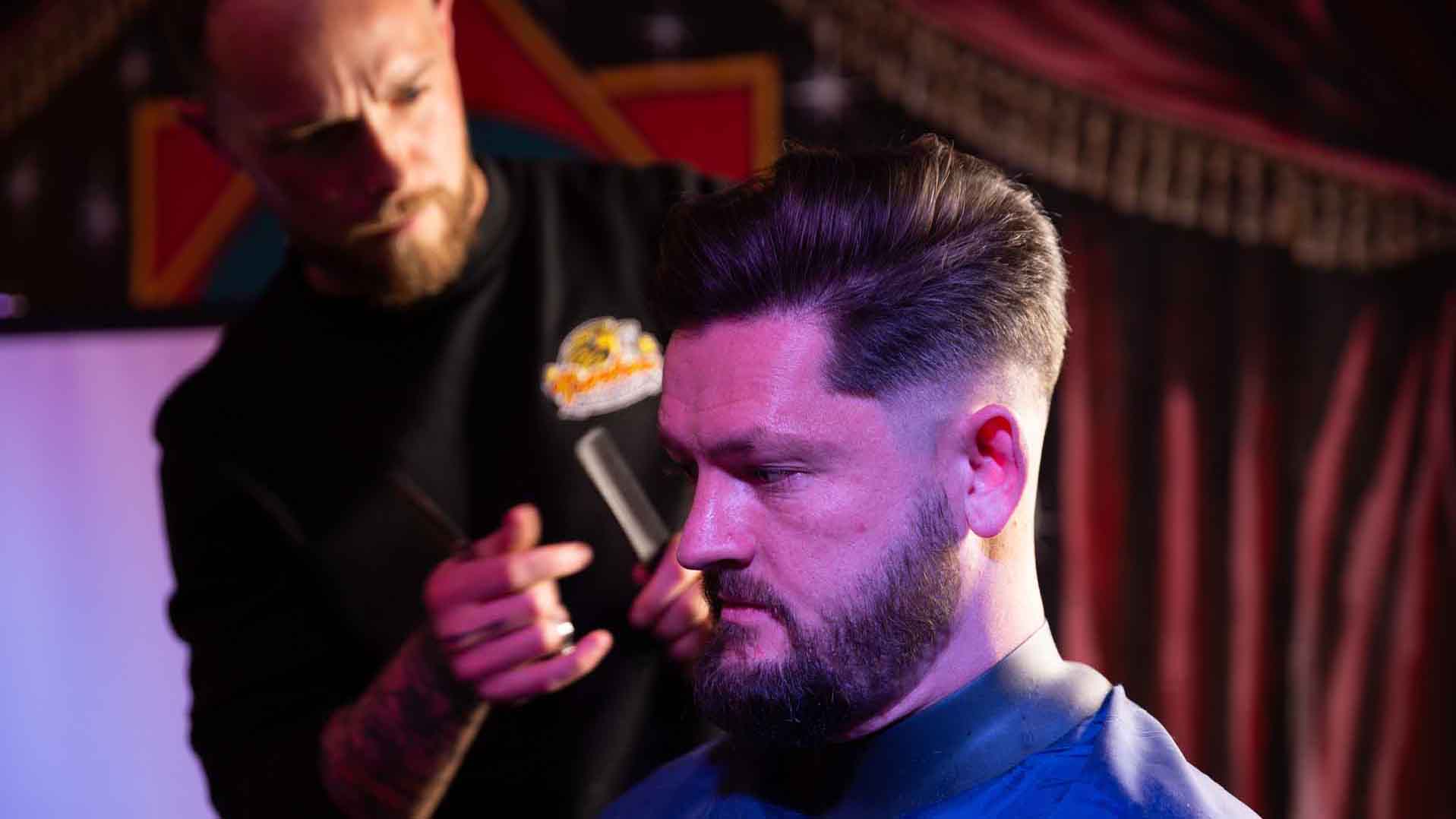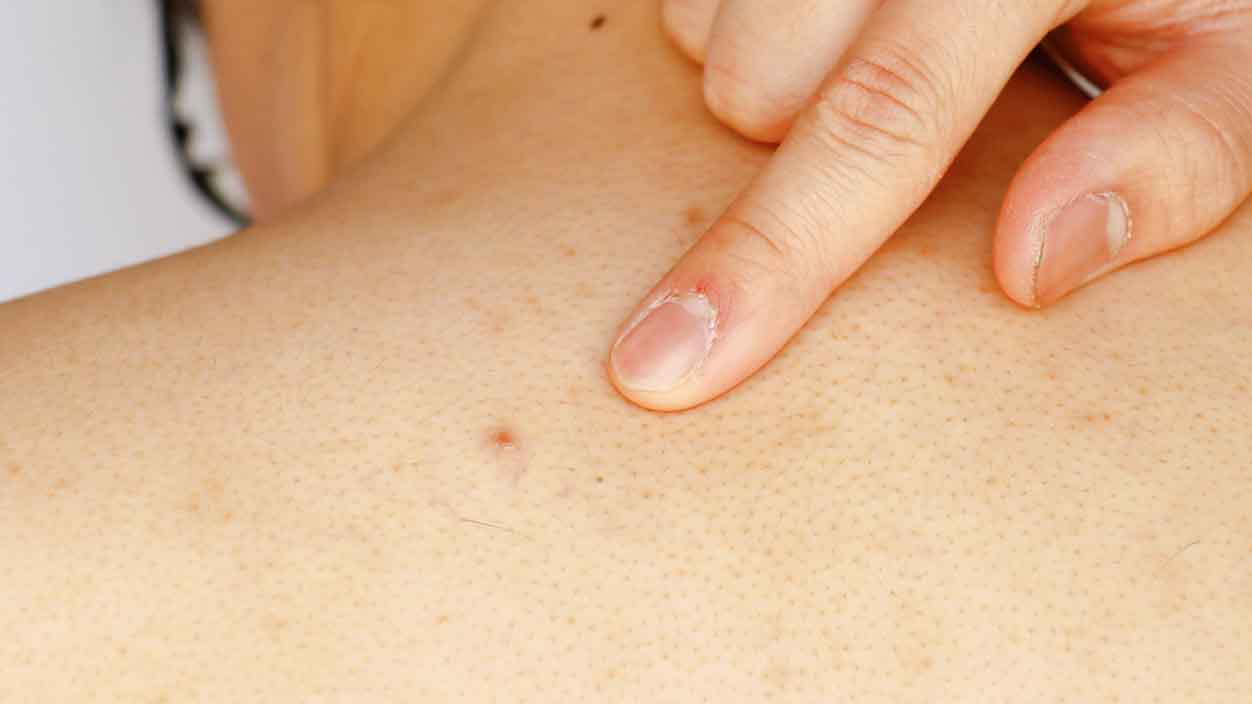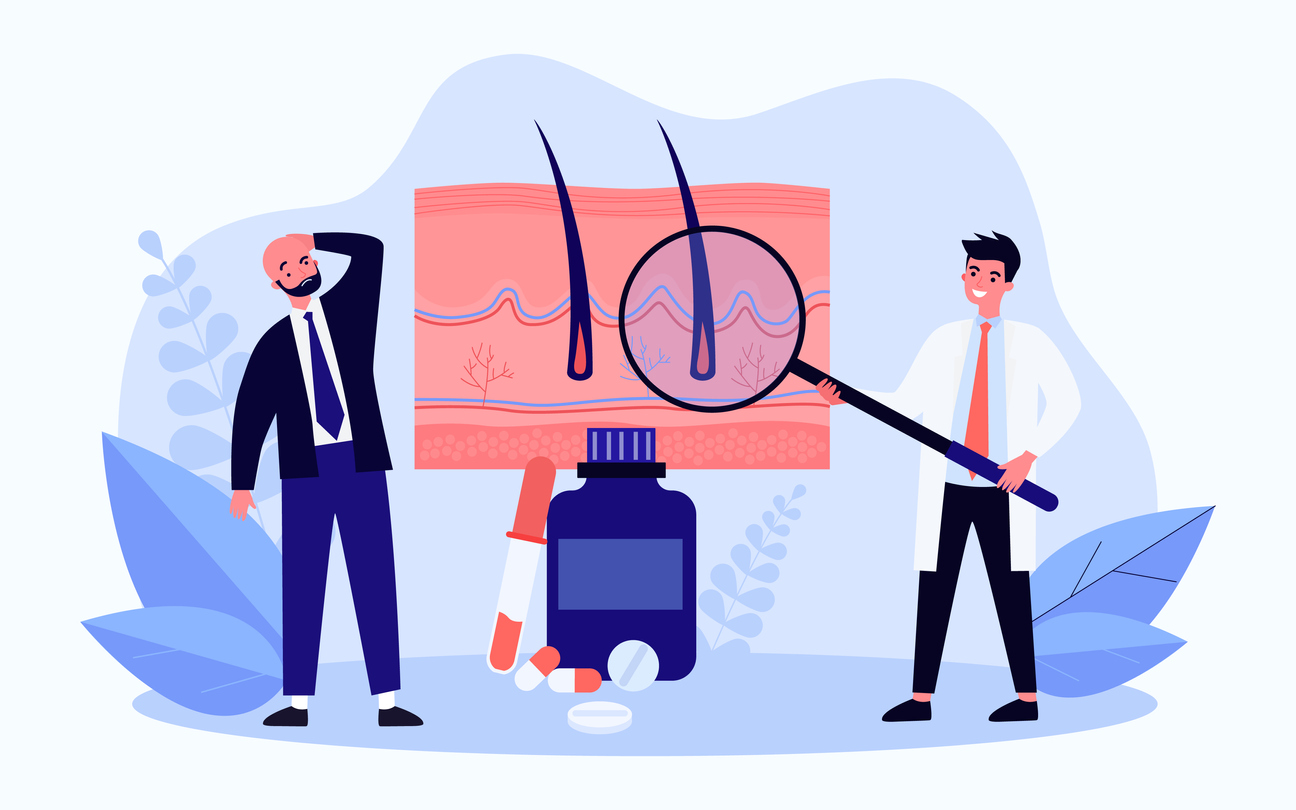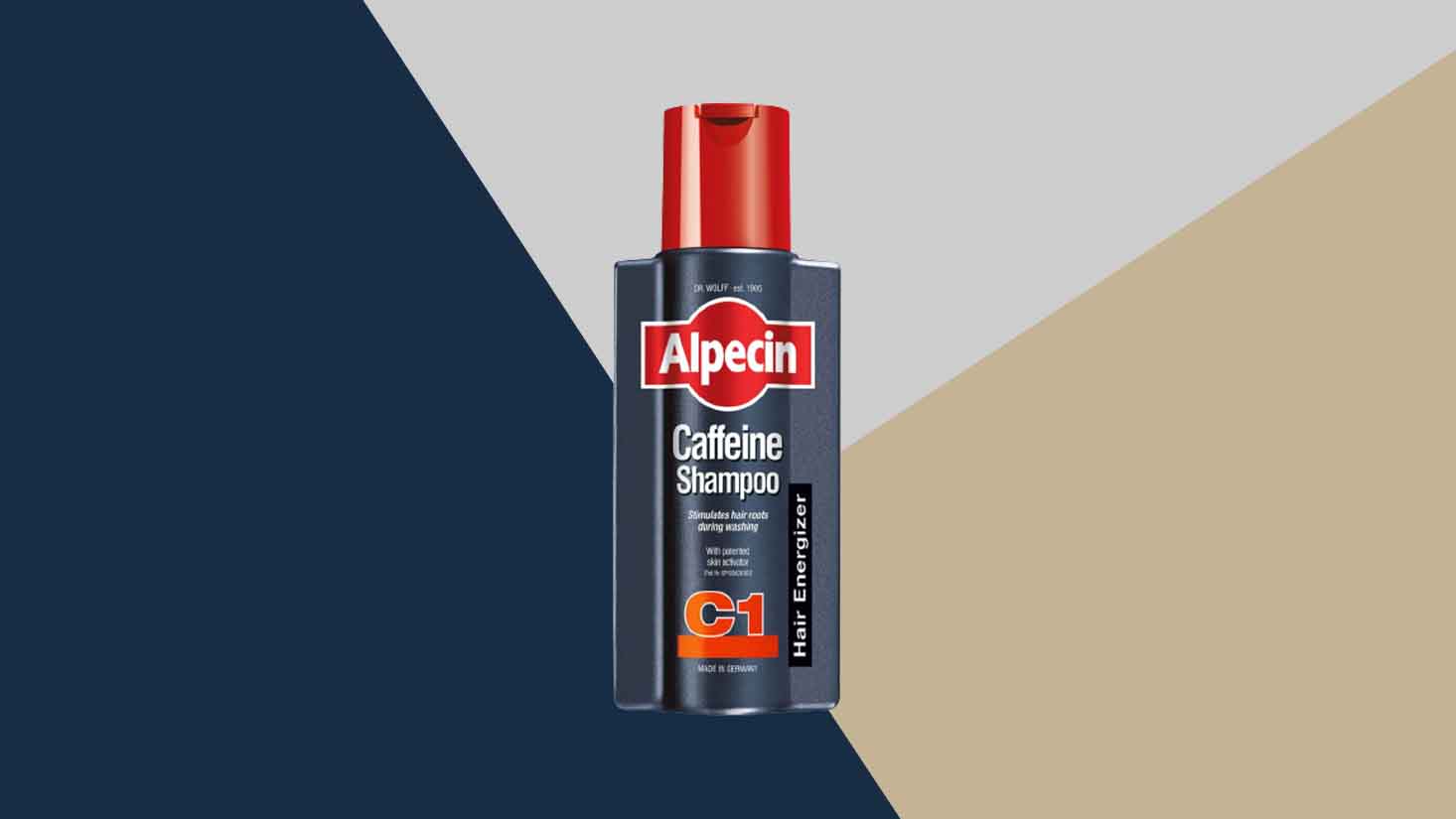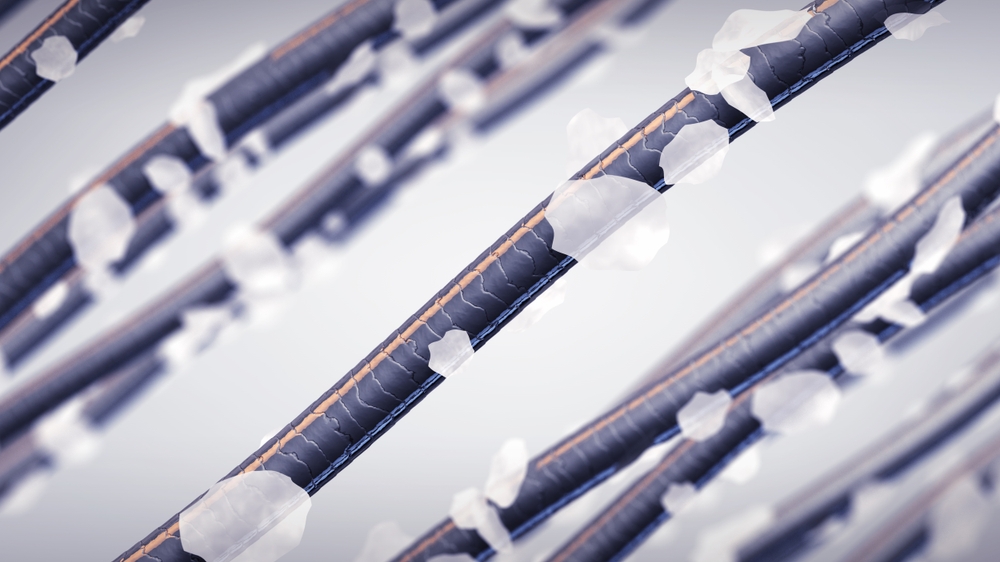
Dandruff: What is it, what causes it and how to get rid of dandruff for good
Suffering from dandruff? We explain what it is, what causes it and how to get rid of dandruff for good – with recommendations for tried-and-tested anti-dandruff shampoos and treatments
S uffering with dandruff can feel embarrassing and frustrating. People often think dandruff is caused by poor hygiene, but that’s not always the case.
It can be caused by a number of things, and not all of them are easy to control. This just makes the whole situation worse.
To help you better understand dandruff, we explain what causes it, how to get rid of dandruff, and which products are best for keeping the dreaded flakes at bay below.
FURTHER READING: The different hair types in men and how to tell which type you have | How to get rid of greasy hair – plus the best shampoo to beat the slick | Alopecia barbae: How to treat bald patches in beards and get thicker, fuller facial hair
What is dandruff?
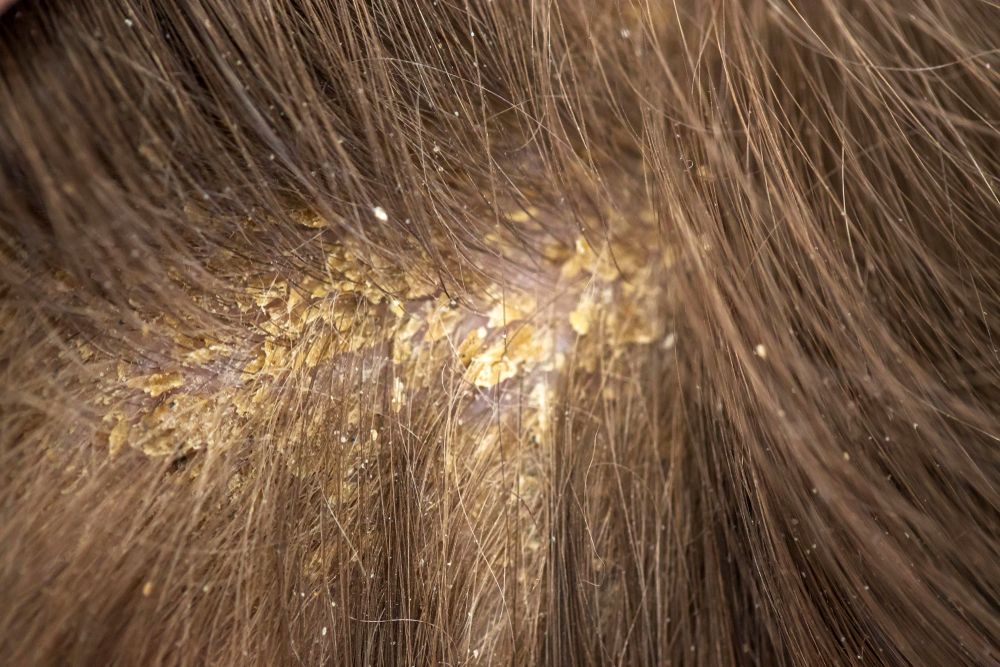 Shutterstock
Shutterstock
Dandruff is a common condition caused when the balance of your scalp is thrown off balance. This imbalance – which can be brought on by a variety of triggers (more on those below) – causes skin cells to grow and die too fast.
Whereas people without dandruff will see new skin cells mature, die, and shed every couple of months, people with dandruff go through this cycle every two to seven days. This acceleration causes the white or grey flakes of skin to appear on your scalp and in your hair. You may also notice flakes of skin on your shoulders.
For many people, this is annoying but manageable. For others, especially people with dark hair, dandruff is instantly noticeable. Plus, it’s not just the visual signs that cause problems. If you have dandruff you may also suffer from an itchy scalp, which can be uncomfortable and irritating.
What causes the skin cell cycle to accelerate isn’t entirely understood but it’s been linked to both dry skin conditions, such as eczema or psoriasis, and producing too much oil. It can be caused by fungus, and it can be made worse by triggers such as cold weather, stress or when you’re sick.
What causes dandruff?
When looking at what causes dandruff, you need to focus on your scalp rather than your hair. So many hair problems – other than those which are genetic – are caused when the skin on your scalp isn’t being looked after. This includes dandruff, but also greasy hair, and even hair loss. Looking after your scalp is a good idea, even if you don’t have dandruff because it can solve so many problems.
With that in mind, the biggest causes of dandruff are:
- Dry skin, including eczema and psoriasis
- Allergies to hair care products
- Excess oil/sebum
- Fungus
- Stress
Dandruff causes: Dry Skin
One of the biggest signs of an unhealthy scalp is dry skin, so it’s no wonder that dry skin is one of the biggest causes of dandruff. Having a dry scalp means your skin becomes irritated and skin flakes drop off when you scratch your head or brush your hair. The weather can make your skin dry, as can your age, common skin conditions, and allergies to certain products. Cold, dry winters can trigger dandruff or make it worse, too.
If suffer from eczema or psoriasis elsewhere on your body, you have an increased chance of dandruff. Scalp psoriasis causes hyperproliferation – uncontrolled growth – of the skin and means you get a build-up of skin cells that flake off.
There’s also seborrheic dermatitis, which is a type of eczema that can cause dandruff and can make your skin red, flaky, and itchy. It’s found in areas of your body where there are a lot of oil-producing glands, so your scalp is prime for it.
One way to tell if your dandruff is caused by dry skin is by looking at the colour and consistency of the flakes. If they’re white, or grey and feel dry – similar to fish food…! – then it’s likely they’re caused by having a dry scalp.
Dandruff causes: Allergies to hair care products
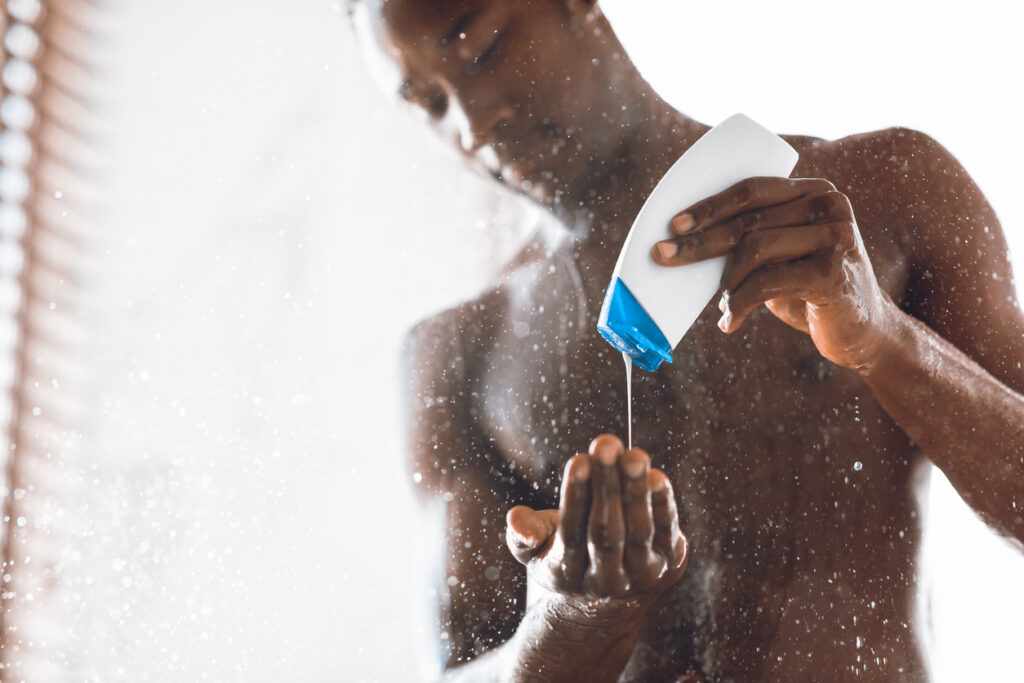 Getty Images/iStockphoto
Getty Images/iStockphoto
Harsh and drying ingredients, and dyes found in shampoo, conditioner, or other hair products for men can irritate the scalp and make it feel itchy, dry, and cracked. This can throw the balance of your skin out of whack, causing it to ramp up the production of skin cells, thus causing flakes and dandruff.
Dandruff caused by allergies, which in turn make the skin dry will also be light in colour, and feel dry and brittle.
Dandruff causes: Excess oil/sebum
It may sound counterintuitive but if it’s not dry skin causing dandruff, it’s oily skin. Whereas dry skin causes the skin to become itchy and cracked, and this creates dandruff flakes, having too much oil on your scalp leads to your pores becoming clogged. This creates a build-up of both the sebum itself and any residual hair care products, which then leads to your skin cell cycle going into overdrive to clear the blockages.
Unlike the brittle and flaky dandruff caused by dry skin, dandruff caused by oily skin is more likely to look yellow in colour and feel sticky.
Dandruff causes: Fungus
Having too much sebum on your scalp can encourage the growth of a yeast-like fungus called Malassezia that feeds on oils on your scalp.
This fungus lives on the scalp of most of us without causing any problems. However, it can sometimes cause your immune system to kick in, in a bid to get rid of the fungus, and this can cause your skin cell cycle to accelerate, which causes the scalp to flake and be itchy.
The flakes caused by fungus will look similar to those produced by oily skin – yellow and sticky – although they may also be dry and brittle and your scalp make look red.
Dandruff causes: Stress and immune disorders
Dandruff can get worse when you’re stressed, or sick. Another cause of dandruff is a weakened immune system or certain neurological disorders, such as stroke, head injuries or epilepsy.
How to get rid of dandruff: Anti-dandruff shampoo
Before you look to get rid of dandruff, you need to work out what causes dandruff in the first place. Look at the colour and texture of the flakes being shed, as well as the condition of the skin on your scalp. This can help you narrow down if it’s dry skin, oily skin or fungus causing the problems.
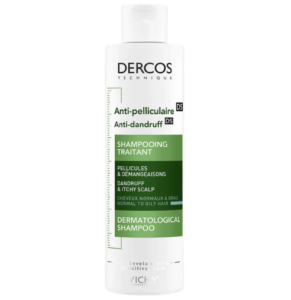 Vichy
Vichy Also, you don’t necessarily need to use an anti-dandruff shampoo every time you wash your hair. If you’re someone who washes your hair daily with a regular shampoo, then replace it twice a week with an anti-dandruff shampoo, for example.
How to get rid of dandruff if your skin is dry: If dry skin is causing your dandruff, you need to moisturise your scalp using a specialist dandruff shampoo, such as the E45 Dry Scalp shampoo (£6.49).
It’s been specifically designed to help relieve the symptoms of a dry, itchy scalp and is gentle enough to keep the skin hydrated and calm.
How to get rid of dandruff if your skin is oily: When it comes to oily dandruff, you need to be washing your hair regularly and exfoliating the skin to stop the skin cells and products from building up. For this, you need a shampoo that clarifies and detoxifies the skin without stripping it of its essential nutrients.
We recommend the Vichy Dercos Anti-Dandruff Purifying Scalp Shampoo (£13.50). It contains salicylic acid, which gently exfoliates the skin and reduces sebum, alongside selenium disulphide. This is a medicated ingredient used to treat certain scalp conditions, such as seborrheic dermatitis, and it reduces itching, flaking, irritation,
How to get rid of dandruff if you have Malassezia: To get rid of the yeast-like fungus, Malassezia you need to use a ketoconazole shampoo which can slow down the shedding. We recommend the Nizoral Dandruff shampoo (£13.95). It doesn’t just fight dandruff fungus, but it can treat the inflammation associated with dandruff while relieving your scalp’s redness and itching.
How to choose an anti-dandruff shampoo
If you can’t tell what causes dandruff on your scalp or you’re looking more generally for an anti-dandruff shampoo or dandruff treatment, there are a few ingredients to look out for. These include:
- Zinc pyrithione
- Salicylic acid
- Selenium sulphide
- Ketoconazole
- Coal tar
- Tea tree oil
- Aloe vera
- Coconut oil – note: coconut oil helps soothe and hydrate the skin but it can clog pores so should be used sparingly, alongside an exfoliating anti-dandruff shampoo. It also makes this dandruff treatment better suited to dry skin dandruff
How to prevent dandruff
A medicated shampoo can not only treat dandruff but stop it from coming back. For this, we haven’t found a better option than the Nizoral Dandruff shampoo (£13.95) again. Although it’s a medicated dandruff shampoo it’s still gentle on your hair and doesn’t have an off-putting smell.
Making sure you’re keeping your scalp clean and fresh can help prevent dandruff, as can switching to more gentle hair care products. Avoid any products that contain alcohol such as hairsprays, for example, because these can be drying.
However, you need to also make sure you’re not washing your hair too much. Using a drying shampoo too often can make dandruff worse. In addition to the Vichy Anti-Dandruff shampoo listed above, we highly recommend Hairstory’s New Wash. You can read why we rate it so highly on our sister site, mamabella, in its Hairstory New Wash review.
How to get rid of dandruff: Dandruff treatment
If your dandruff is caused by seborrheic dermatitis you’ll likely need a long-term treatment. Start by trying a mild corticosteroid cream, such as the Eucerin Dermocapilaire Calming Scalp Treatment (£13.50). It’s a leave-in treatment that can help calm and balance the skin on your scalp.
In addition to anti-dandruff shampoos, there are other dandruff treatments you can use to get rid of dandruff.
Tea tree oil is a great choice for dandruff because it helps unblock your pores and reduces the formation of dandruff. Tea tree oil also acts as a natural conditioner and soothes your scalp and prevents flakiness.
You can either buy a tea-tree oil shampoo, like the Faith in Nature Tea Tree Oil Shampoo (£6.69) or add tea tree oil to your regular shampoo. We recommend adding 10-15 drops for every ounce of shampoo. Leave the shampoo on for 3-5 minutes after application before washing off.
Another ingredient that’s good for treating dandruff is coconut oil. The lauric acid in coconut oil provides microbial balance properties that help to soothe your dry, flaky scalp and rebalance your scalp’s microbiome.
An hour before you plan to have a shower, add 1-2 tablespoons of coconut oil and work it into your scalp. Once the hour is up, wash it out with shampoo. If you do this twice a week it should reduce your dandruff. We recommend the Parachute 100% Pure Coconut Oil (£6.49).
Another way to get rid of dandruff is by using aloe vera. Aloe vera is another natural ingredient that reduces oil build-up on your scalp and moisturises it at the same time. As well as treating dandruff, aloe vera delivers essential vitamins and minerals to your hair follicles. This helps keep your scalp in top condition and can even help with hair loss.
Apply an aloe vera gel – like the Aloe Pura Organic Aloe Vera Gel (£3.32) – to your scalp half an hour before shampooing and repeat twice a week.
If you feel you’ve tried different types of anti-dandruff shampoo and your dandruff is still not improving, visit your GP because you may need prescription treatment.
MORE LIKE THIS





